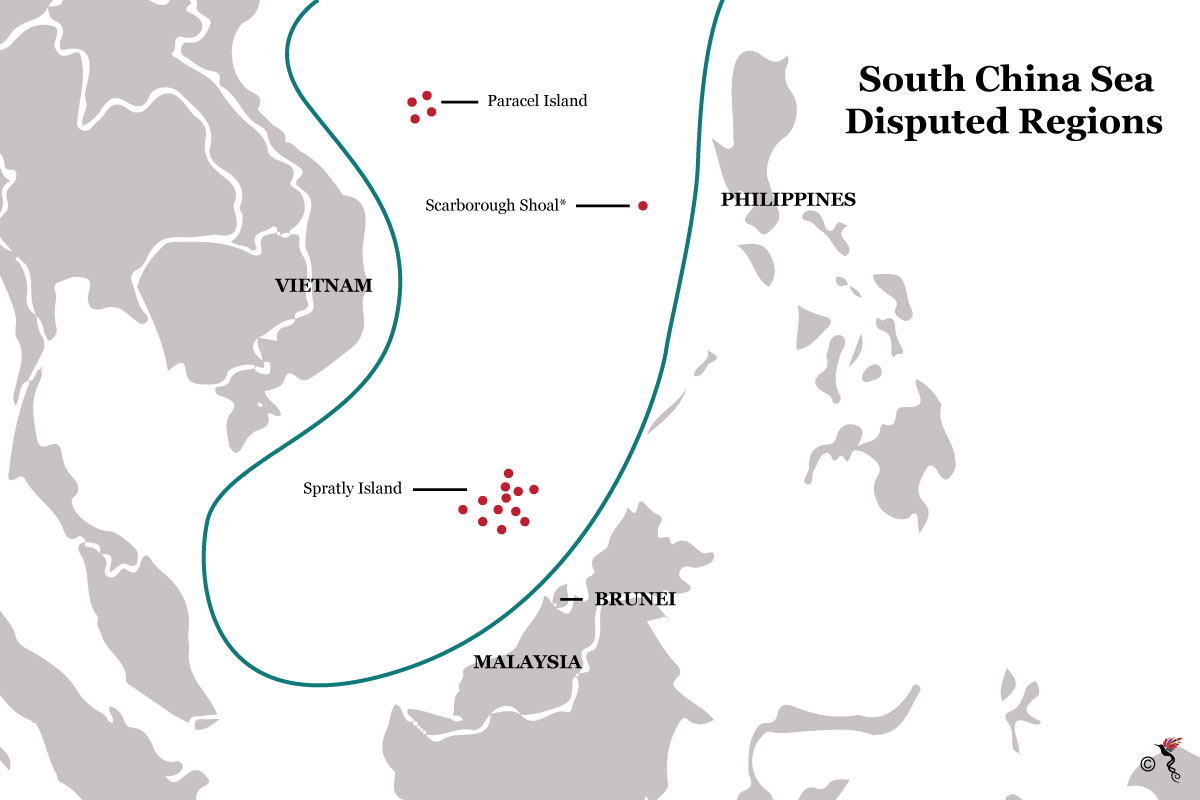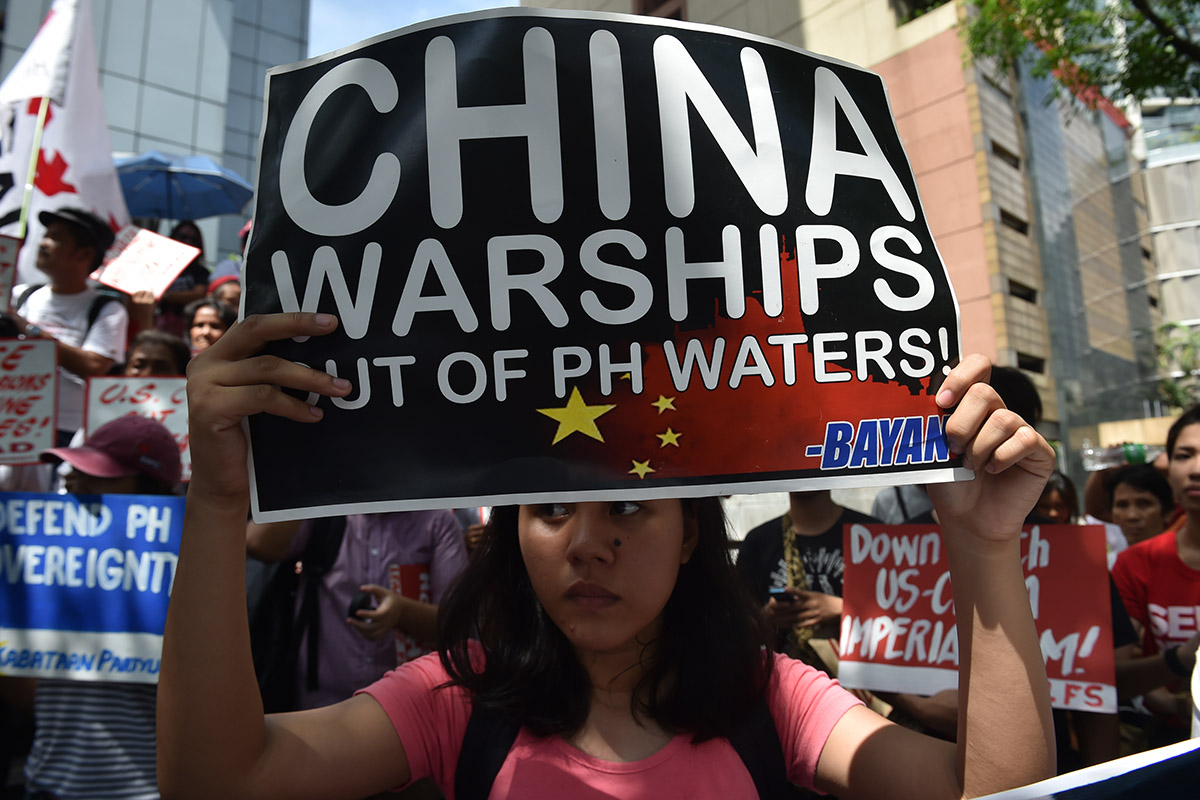World leaders would be meeting in the Philippines from the 10th to the 14th of November for the 31st Association of Southeast Asian Nations (ASEAN) Summit and Related Meetings. One issue will definitely be on the agenda – the South China Sea dispute.
ASEAN Summits have a dry, overused script when it comes to this maritime dispute. The final statement almost always sounds like it has been through a diplomatic churn – starting with an expression of concern towards the dispute and ending with a call for a peaceful resolution and adherence to dialogue and not confrontation.
“I don’t expect a common statement from ASEAN that is substantive and meaningful,” said Senior Fellow at the Institute of Strategic and International Studies (ISIS) Malaysia, Bunn Nagara in reference to the maritime dispute.
According to him, not all ASEAN countries share the same type of commitment to the South China Sea, hence the monotonous statements on the issue often released at these summits.
Any effort to produce a more substantive statement must include references to Chinese aggression in the region and it will be blocked by countries like Cambodia which are ardent supporters of China. One thing to look out for is if the issue of Chinese militarisation is included in any statement released – now even more since Beijing has been ramping up its island building activities to house military facilities there.
Moreover, the Chinese South Fleet recently set up a marine rescue squadron in late October which would likely affect the dynamics of the dispute.
According to Collin Koh Swee Lean, a maritime security expert attached to Singapore-based Rajaratnam School of International Studies (RSIS), Beijing’s moves may be perceived by some quarters as a contribution towards confidence building in the South China Sea. However, it can also send another type of signal – that Beijing is keen to ramp up submarine activities in the region.
“This would therefore be factored into the strategic calculations of other neighboring states, including rival claimants as they embark on their own maritime forces buildup,” he added.

The disputed area within the South China Sea claimed by China.
The first diplomatic punt with regards to the dispute will likely be thrown at the side-lines of the Asia-Pacific Economic Cooperation (APEC) dialogue in Da Nang, Vietnam. Philippine President, Rodrigo Duterte told reporters that he would be asking Chinese President, Xi Jinping – who won’t be attending the ASEAN Summit but will be present in Vietnam – what the stakes were in the South China Sea.
“I do not take it against China. But what are the stakes? You want to control the passage, or do we have free passage?” he said in a briefing before leaving for Vietnam.
The outspoken leader added that his engagement with Xi is done not only in the interest of the Philippines, but also in the interest of the other states which have overlapping claims in the disputed waters.
Philippines currently holds the chairmanship of ASEAN and is one of seven claimants to maritime features within the disputed South China Sea region. The other Southeast Asian claimants are Malaysia, Indonesia, Brunei and Vietnam.
Recently, tensions between the ten-member association has eased slightly with both China and ASEAN even hosting joint naval drills. On Wednesday, it was announced that Duterte had scrapped plans to build a fishermen’s shelter on a sandbar in the Spratly Islands which sit within the disputed waters after Beijing complained to such a move.
Duterte’s actions are characteristic of ASEAN’s tactful approach to Chinese assertion in the South China Sea.
Keeping a close eye on developments on the issue would be the US whose presence has irked Beijing on multiple occasions. Washington has been consistent in their calls for China to halt their military build-up in the disputed waters and resort to peaceful means of dispute settlement.
The stage is set for some diplomatic arm flexing to take place, but all eyes and ears will now be on statements produced by leaders in these meetings. Will the language be strong against China, or will Beijing have its way?
Recommended stories:
